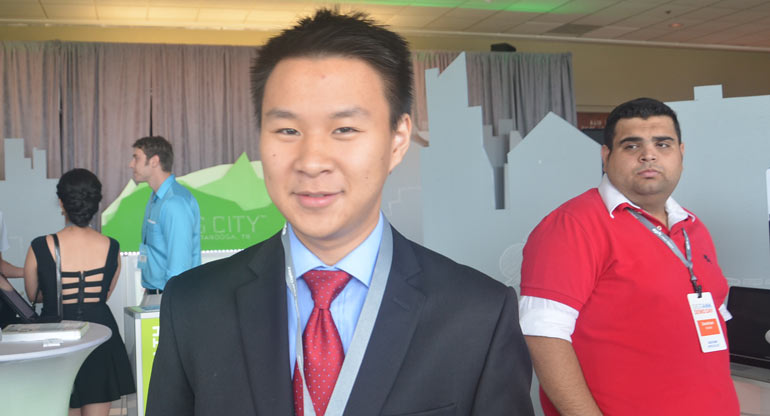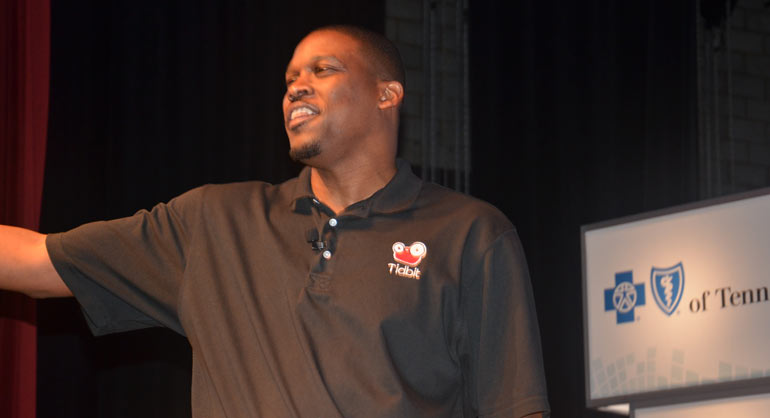Startup accelerators are great,] because they give young growing startups capital, access to resources, mentors, and hopefully investors. But they aren’t always rosy. In fact, if all your days in an accelerator program are rosy, then you need to run like hell from that accelerator program.
On our sneaker-strapped startup road trip, we’ve had the privilege of meeting several startups in mid session. We’ve seen startup founders cry, scream, cuss, even break things, typically right before they have that “aha moment”. What we normally find is that the hardest piece of advice, and usually the “ugly baby” moment, is very early on in the accelerator. In fact most accelerators engineer an activity on day one or two where mentors, advisors, or even media members are invited in to tear an idea to shreds.
We got a chance to talk with Lawrence Yu, cofounder of Mira Designs, Alejandro Dinsmore, cofounder of Sisasa, and Sam Bowden, founder and CEO of TidBit. All three startups graduated from the GigTank accelerator in Chattanooga, Tennessee, on Tuesday afternoon.
For Yu, the hardest advice came as an eye opening experience that they weren’t the only startup trying to fix offline retail with online components. The team at Mira Designs needed to make sure that they were clearly differentiating themselves from the competition and they needed to do it in a big way.
For both Bowen and Dinsmore, their harshest advice was an ugly baby moment that for both startups meant a pivot. Sisasa totally changed course from the idea they came into the accelerator with. For Bowen it meant going after a different industry, actually an industry he knew more about first hand. The end result of both of their “ugly baby” moments was what most would call traction.
The video below features all three founders talking about their harshest or most eye opening advice in the GigTank.




